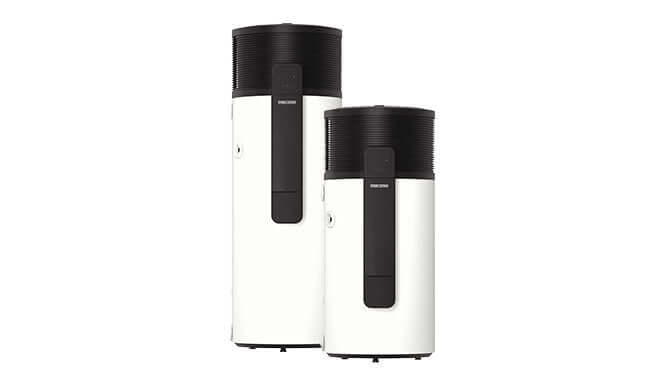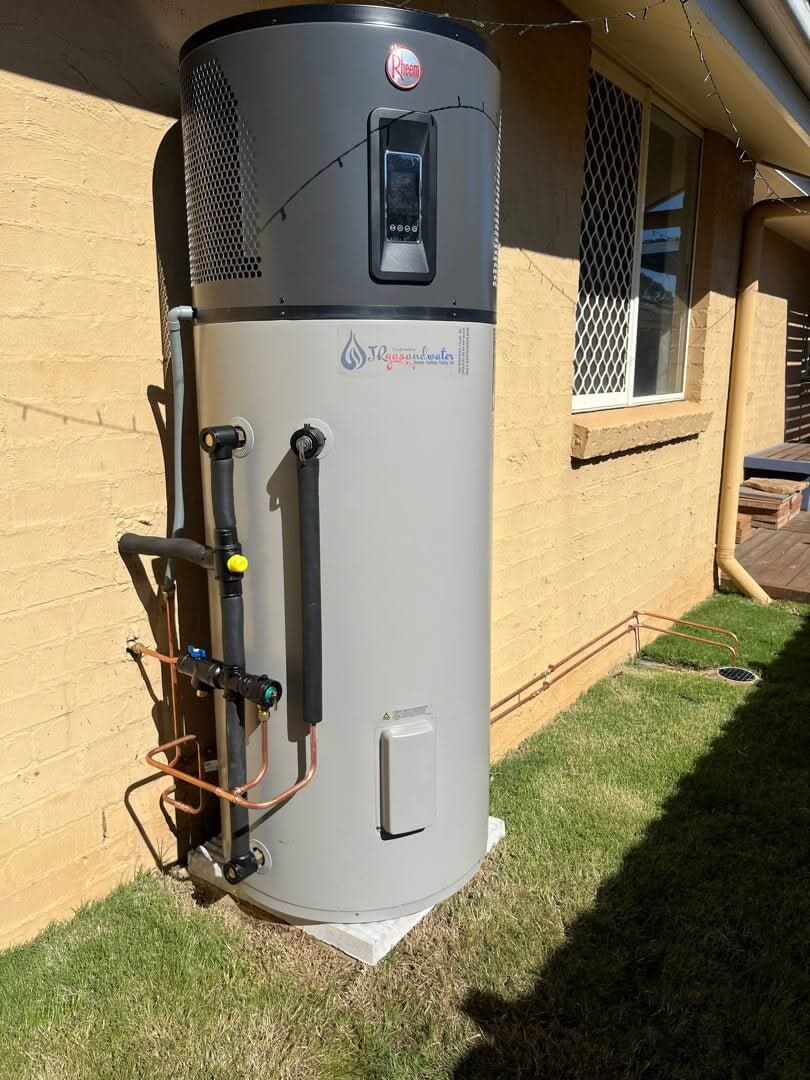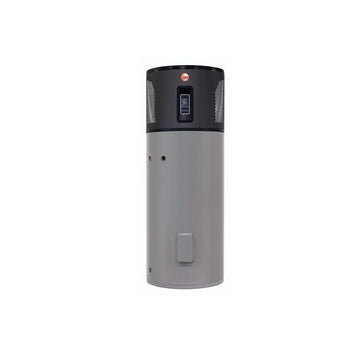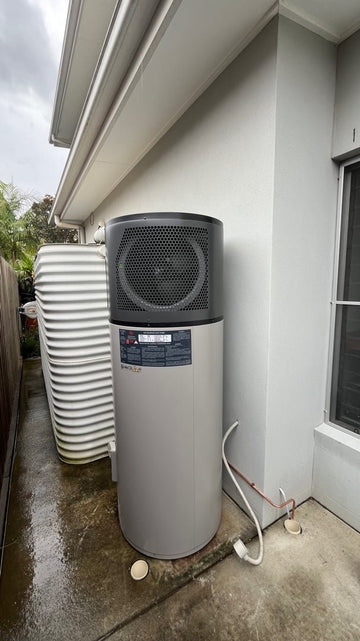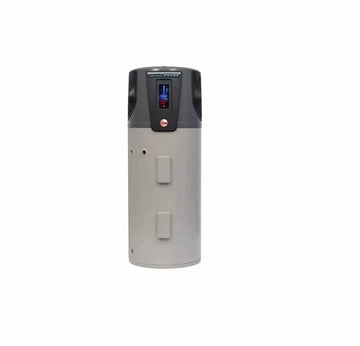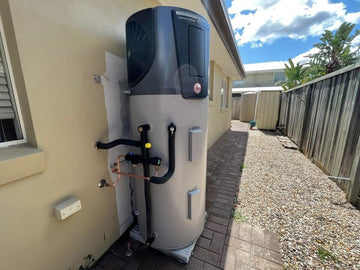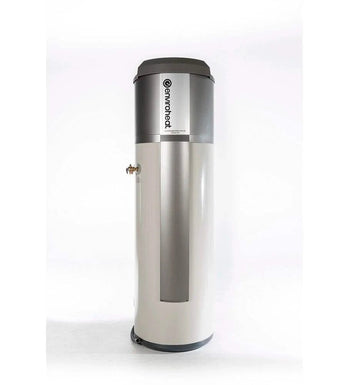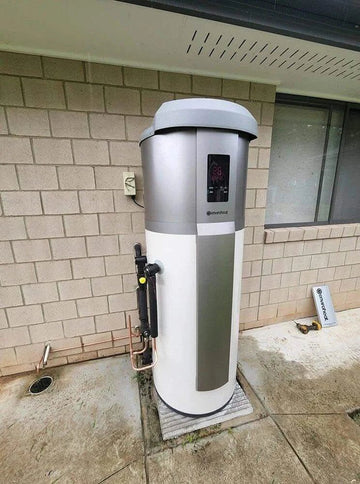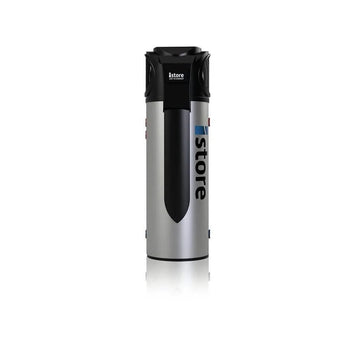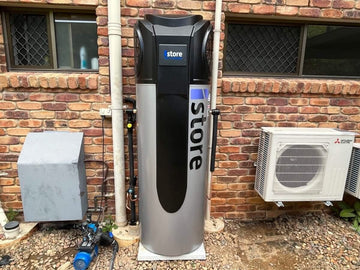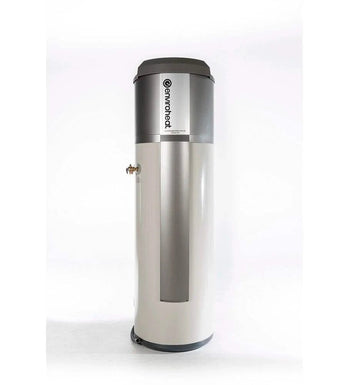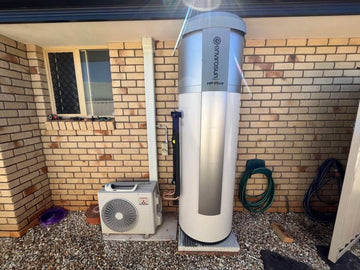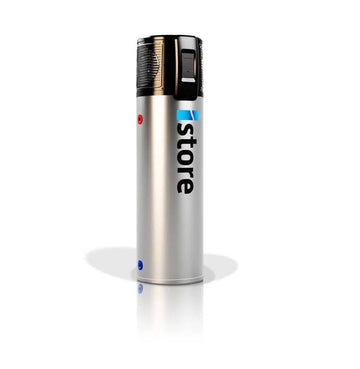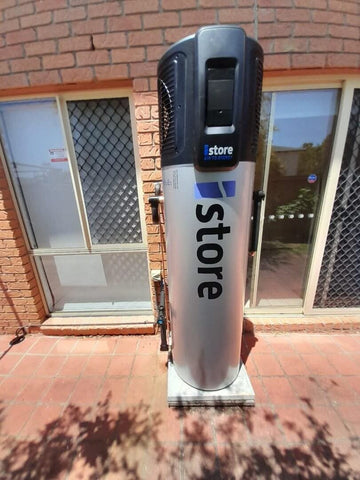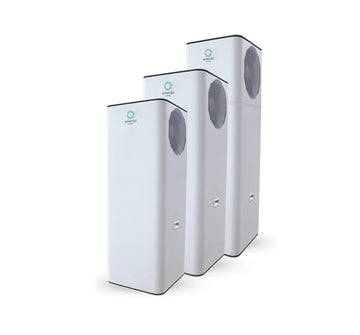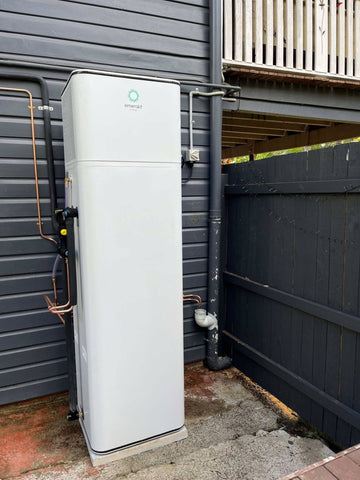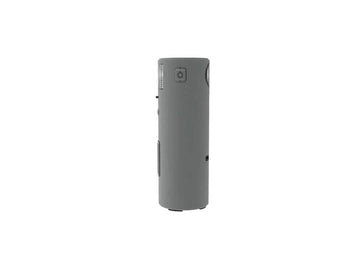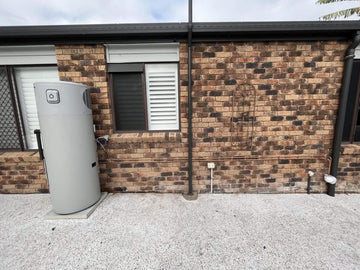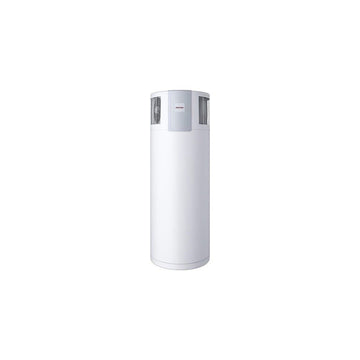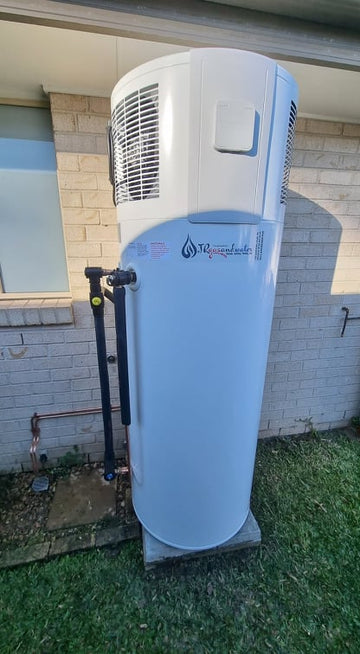Upgrade Smart: Why Heat Pumps Are the Best Hot Water Choice
Looking to upgrade your hot water system? Choosing the right one is crucial for efficiency, cost savings, and environmental impact. This guide will help you understand your options and why heat pumps stand out as the best long-term investment for most homes.
🔥 Why Heat Pumps Are the Best Choice
Heat pump hot water systems are up to 3x more efficient than traditional electric or gas water heaters. They extract warmth from the air and use it to heat water—making them an energy-saving powerhouse.
✅ Key Benefits of Heat Pumps:
-
✔️ Lower running costs – Uses less electricity than conventional systems
-
✔️ Energy efficiency – Reduces household energy use by up to 73%
-
✔️ Government rebates – Helps offset the upfront cost
-
✔️ Eco-friendly – Lower carbon footprint than gas or electric
-
✔️ Reliable – Performs well in most Australian climates
🔹 Best for: Households wanting to reduce energy bills & environmental impact
🚀 Comparing Hot Water System Types
| System Type | How It Works | Pros | Cons |
|---|---|---|---|
| Heat Pump | Extracts heat from the air to heat water | ✔️ 300%+ efficiency✔️ Lower running costs✔️ Rebates available | ❌ Higher upfront cost❌ Needs airflow space |
| Electric | Uses electric element to heat tank | ✔️ Lower install cost✔️ Easy retrofit | ❌ High energy use❌ Expensive to run |
| Gas Storage | Gas heats water in storage tank | ✔️ Fast recovery✔️ Great for large homes | ❌ High emissions❌ Needs gas line |
| Solar | Uses solar panels to heat water | ✔️ Very low ongoing cost✔️ Environmentally friendly | ❌ High upfront cost❌ Needs sun access |
🔹 Verdict: Heat pumps offer the best balance of cost, efficiency & sustainability.
🔧 What Size Hot Water System Do You Need?
| Household Size | Recommended Tank Size |
|---|---|
| 1–2 people | 150L – 200L |
| 3–4 people | 250L – 315L |
| 5+ people | 315L – 400L |
💡 Pro Tip: A well-sized heat pump means lower energy bills and no cold showers!
💰 Cost & Rebates: Making Heat Pumps Affordable
While heat pumps range from $3,000–$5,000 installed, rebates make them far more affordable.
💸 Government Incentives:
-
✔️ STCs (Small-Scale Technology Certificates) – Instantly reduce upfront cost
-
✔️ State rebates – Extra savings depending on location
-
✔️ 0% interest finance – Pay later with Humm, ZipPay, Afterpay
🔹 Long-term savings make heat pumps cheaper than electric systems over time.
⚙️ Installation & Maintenance
📍 Best Placement:
-
✔️ In a well-ventilated outdoor or semi-enclosed space
-
✔️ Away from bedrooms to avoid noise
-
✔️ Close to water outlets to reduce heat loss
🛠 Maintenance Tips:
-
✔️ Clean air filters every 6 months
-
✔️ Flush tank annually to prevent sediment
-
✔️ Service every 2–3 years for top performance
🔧 A well-maintained unit can last 15+ years.
🌍 Sustainability: Cut Carbon & Bills
-
✅ Cuts emissions by up to 60%
-
✅ Perfect combo with solar panels
-
✅ Reduces water heating costs by up to 73%
🌱 Switching to a heat pump is one of the easiest ways to green your home.
🔑 Summary: Why You Should Choose a Heat Pump
-
✔️ Most energy-efficient system on the market
-
✔️ Low running costs & long-term savings
-
✔️ Government rebates = less upfront pain
-
✔️ Works with solar
-
✔️ Quiet, safe & reliable
💡 Looking to upgrade? A heat pump is your smartest move.
📞 Need Help Finding the Right One?
🔹 Get expert advice, installation & flexible payment options from JR Gas & Water
🔹 Visit Installed Today to compare heat pumps, learn more, and check eligibility for rebates.


